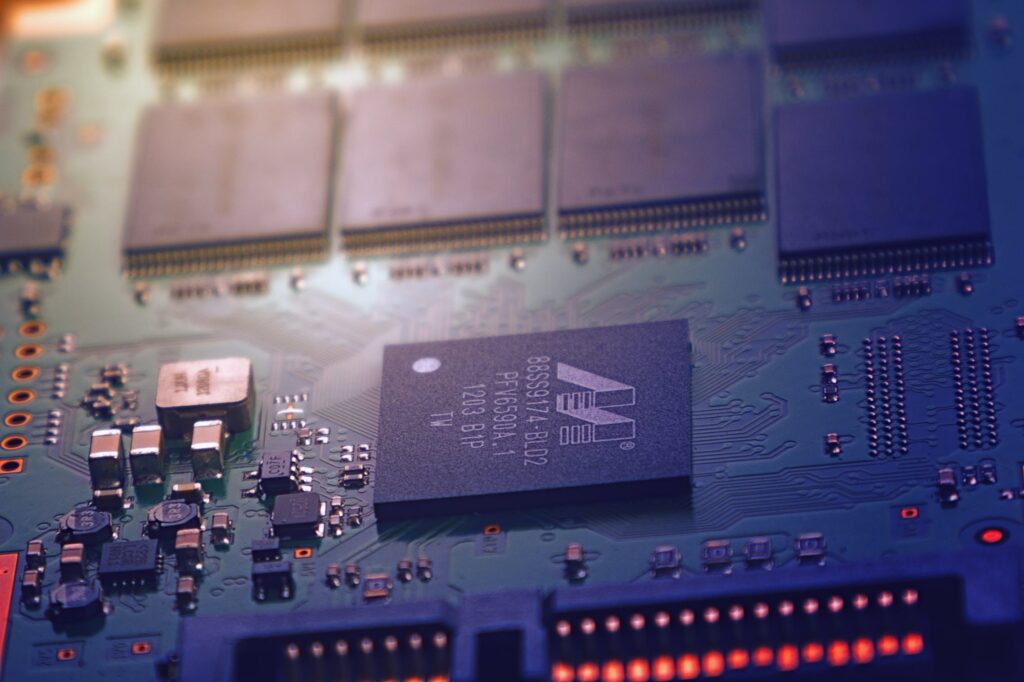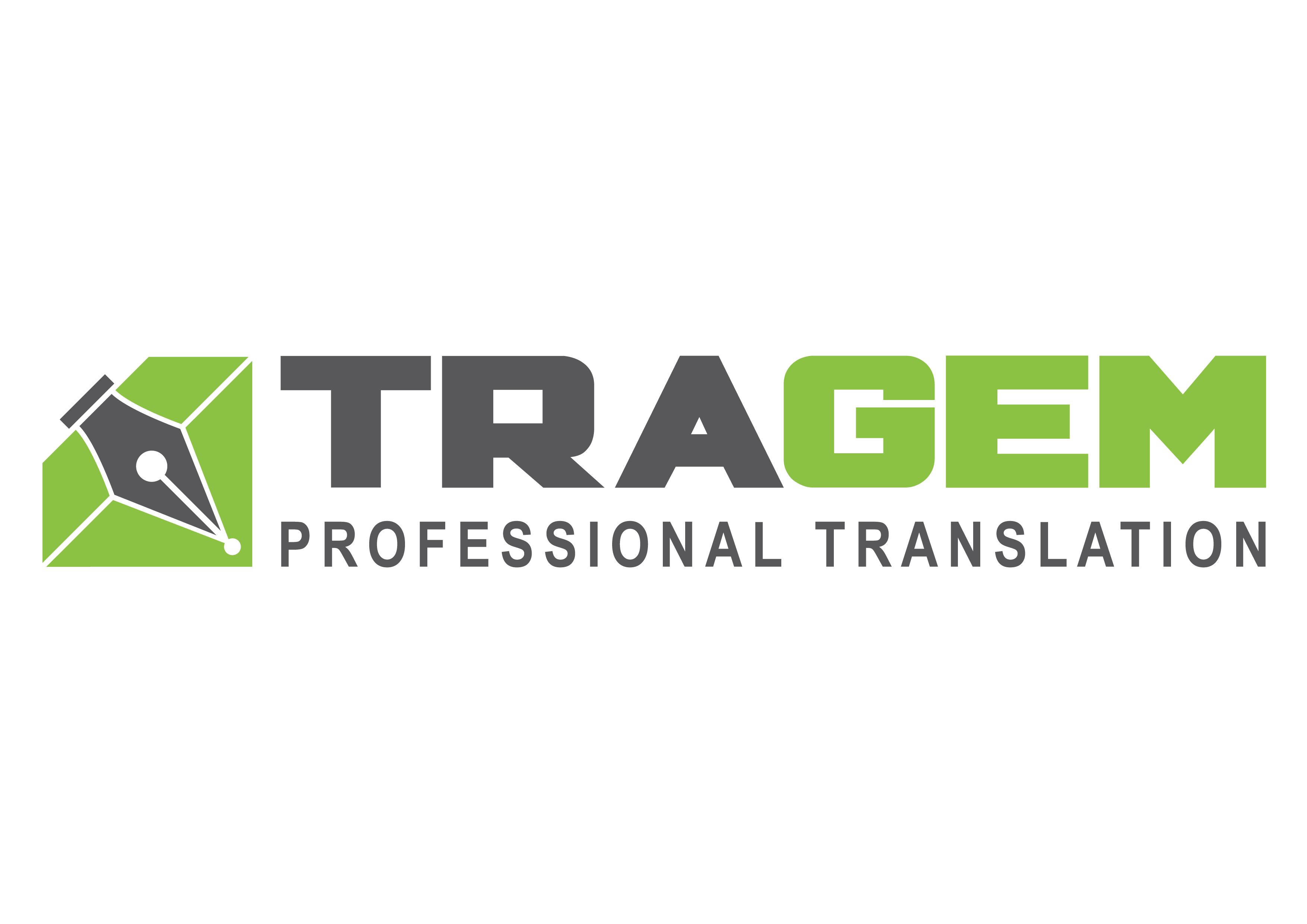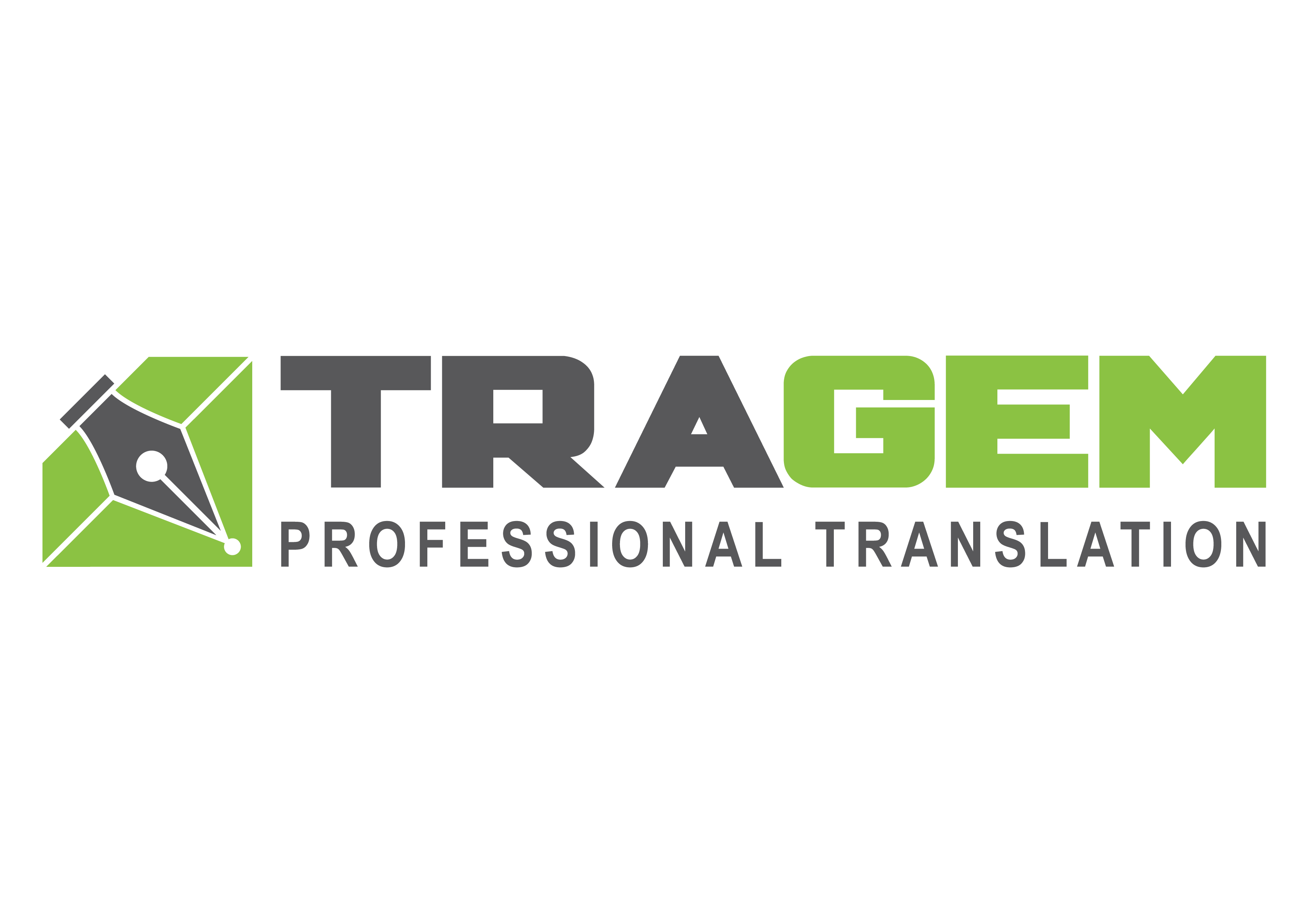Unlocking Efficiency
Technology Trends Reshaping Localization in the MEA Region
The Middle East and Africa (MEA) region is witnessing a transformative shift in localization services, driven by the rapid advancement of technology. From artificial intelligence (AI) and machine learning to automation and cloud-based platforms, technology trends are revolutionizing the localization landscape, offering new possibilities for efficiency, scalability, and innovation.

AI and machine learning are at the forefront of this technological revolution, offering unprecedented capabilities for language processing and translation. In the MEA region, where linguistic diversity is abundant, AI-powered translation tools are streamlining the localization process, enabling faster and more accurate translations across multiple languages. These technologies leverage vast amounts of linguistic data to train algorithms, improving translation quality and consistency while reducing turnaround times and costs.
Automation is another key technology trend reshaping localization in the MEA region. Automated workflows and processes are optimizing resource allocation, project management, and quality assurance, allowing localization providers to deliver services with greater speed and efficiency. From content extraction and translation memory management to linguistic quality checks and post-editing automation, automation tools are revolutionizing every aspect of the localization workflow, enabling providers to meet the growing demand for multilingual content at scale.
Cloud-based platforms are also driving innovation in MEA localization, offering flexible and scalable solutions for content management, collaboration, and delivery. With cloud-based localization platforms, businesses can centralize their translation assets, streamline collaboration between teams and translators, and accelerate time-to-market for localized content. These platforms enable real-time access to translation projects, facilitating seamless communication and coordination between stakeholders across different locations.
Moreover, technology trends in MEA localization are fostering greater integration and interoperability between different systems and tools. APIs and integration capabilities are enabling seamless connectivity between content management systems (CMS), translation management systems (TMS), and other localization tools, creating a unified ecosystem for end-to-end localization workflows. This integration streamlines data exchange, improves workflow efficiency, and enhances collaboration between content creators, translators, and localization teams.
In conclusion, technology trends such as AI, automation, and cloud-based platforms are revolutionizing localization services in the MEA region, unlocking new opportunities for efficiency, scalability, and innovation. By embracing these technologies, localization providers can streamline workflows, improve translation quality, and meet the growing demand for multilingual content in the diverse and dynamic MEA market. As technology continues to evolve, the future of localization in the MEA region holds immense promise for businesses seeking to expand their global reach and engage with audiences across language barriers.



